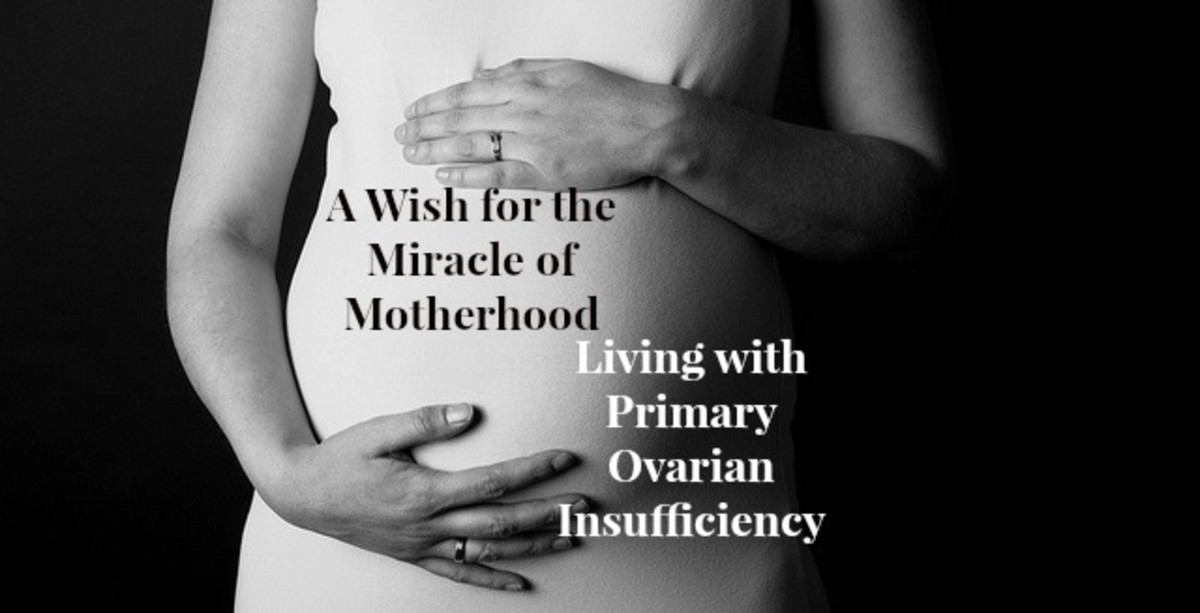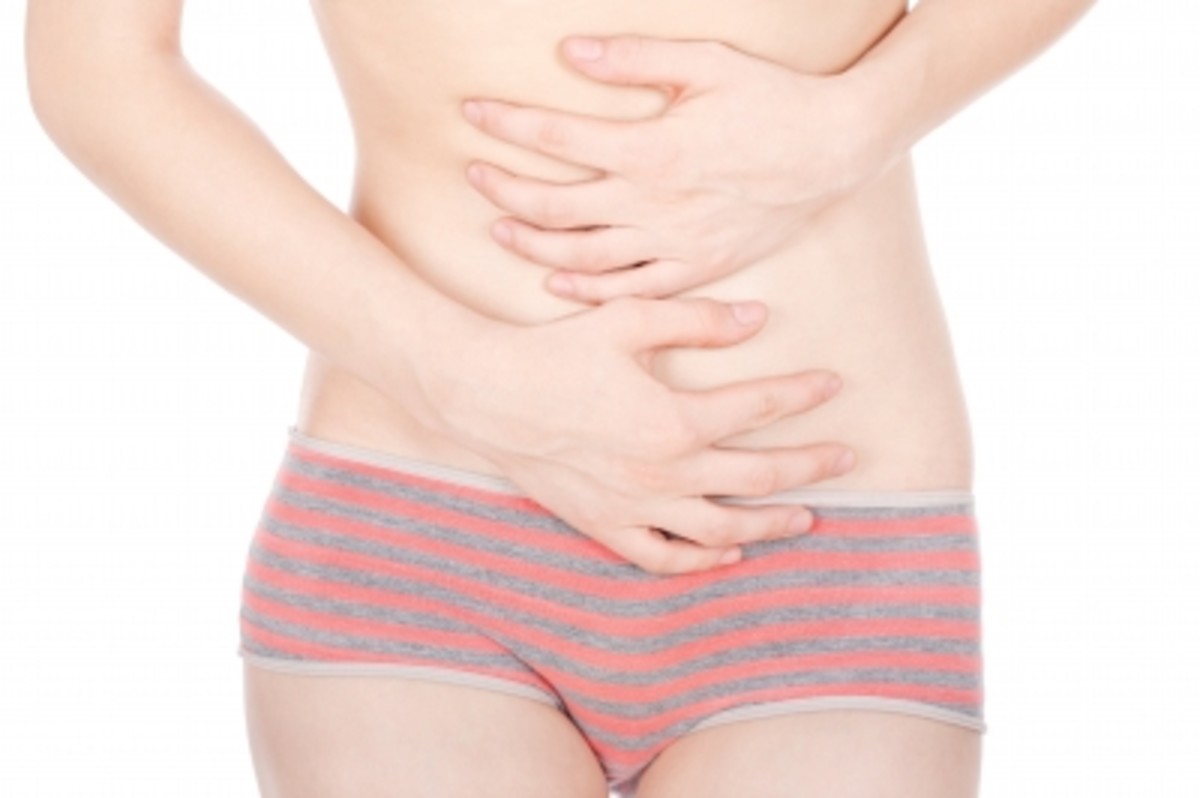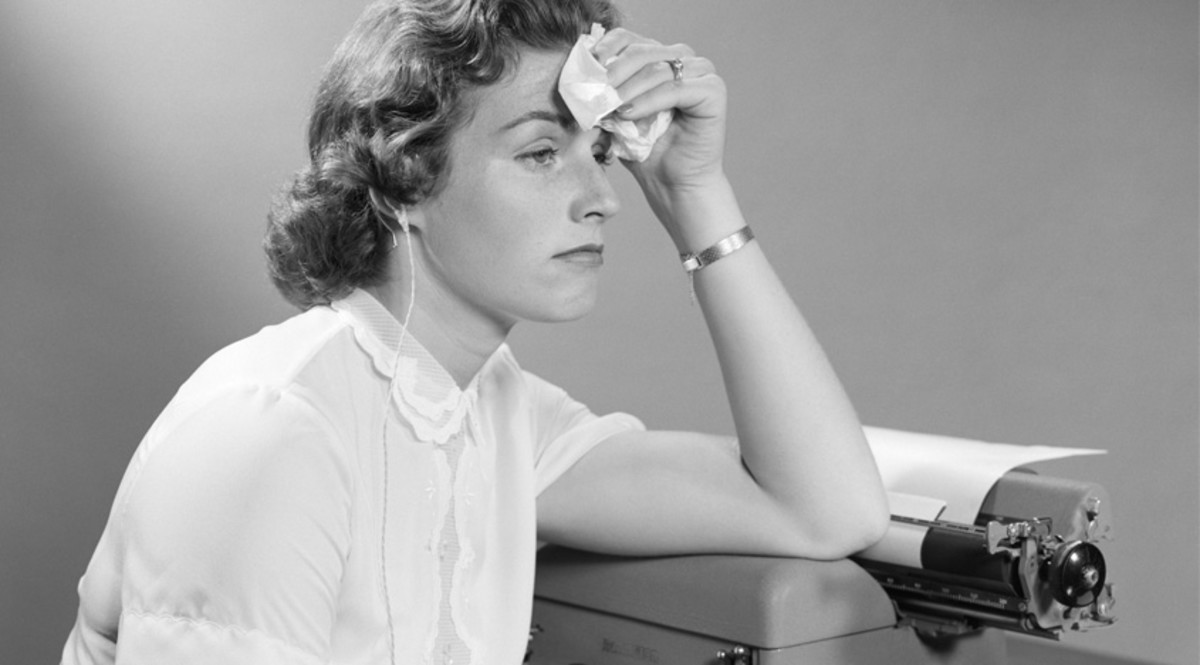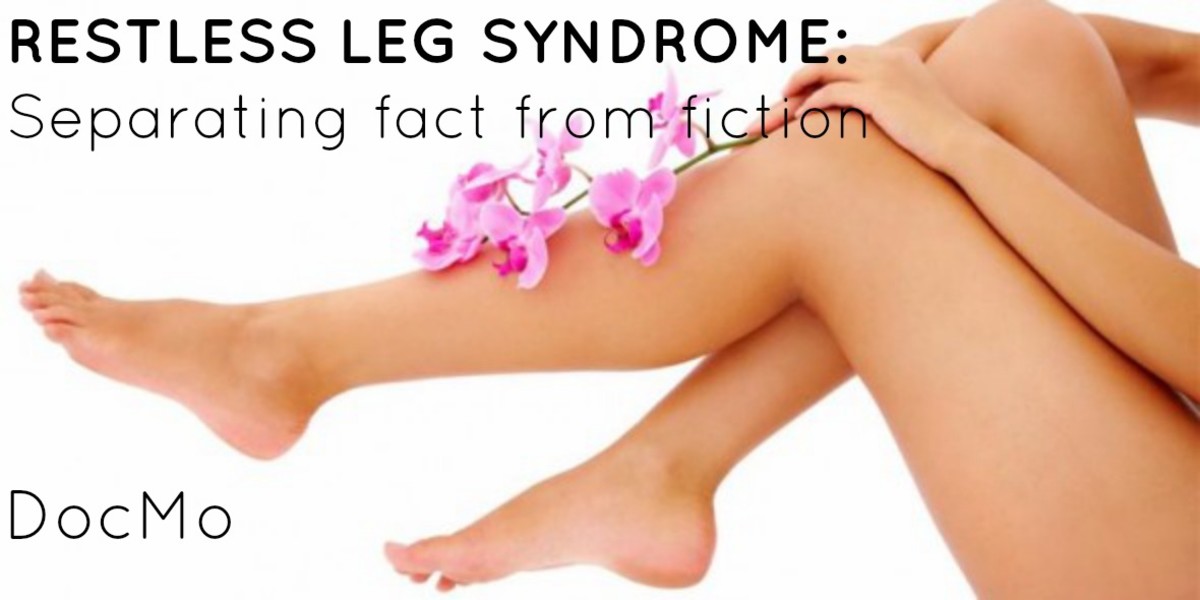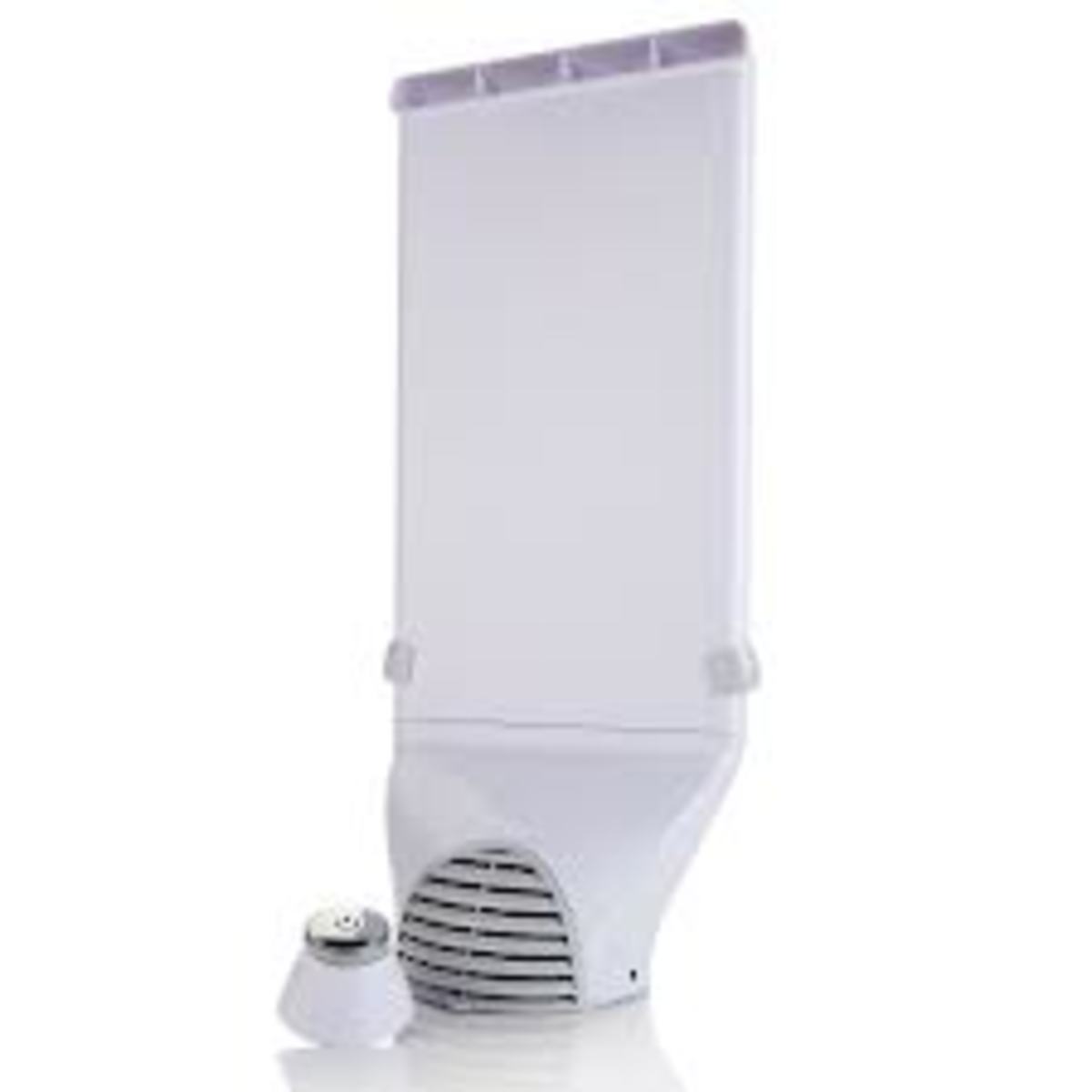Menopause and Hot Flashes Oh My
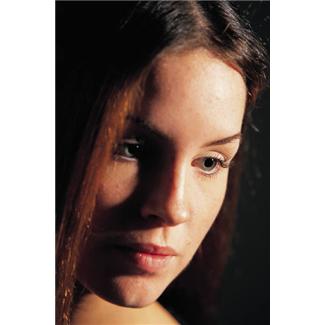
What causes hot flashes during menopause
Understanding menopause might help you when you are going through the effects of hot flashes, loss of sex drive, and mood swings. It can also help your partner if you can sit down together and discuss what is happening. Yet, in this day of instant information on the internet, many women still do not fully understand what menopause is, when it starts, and how it will affect them. There are two basic kinds of menopause, regular menopause, which generally occurs after 40, and premature menopause, which happens before a woman turns 40.
What causes menopause
Depending on whether it is regular menopause or premature menopause, the cause can vary. Normal menopause is caused by your body no longer releasing eggs. Every woman has a finite number of eggs, and when the body no longer ovulates, menopause will occur. For women who go through premature menopause, the cause can be a little bit different. If you have a hysterectomy, for example, you will go through menopause, and other reasons can be associated with some damage to the ovaries, including chemotherapy.
What is the typical age you will go into menopause
Most women typically go through menopause starting at age 40; however, some symptoms can appear earlier. What is known as perimenopause occurs when a woman starts experiencing the symptoms of menopause but is still ovulating. Some women will go into menopause earlier. Premature menopause occurs when a woman experiences premature ovarian failure, it can also happen if the ovaries are removed during surgery or because of cancer.
What to expect
While not all women will experience the same effects, there are some general discomforts that you might go through. The most common symptom is hot flashes. Hot flashes occur when your brain misinterprets what is going on with your body and tries to cool you down. The brain getting mixed signals will think that you are overheating and kick in the body's natural cooling mechanism; this can cause a warming sensation, flushing of the skin, and cold chills. While the symptoms of hot flashes can be uncomfortable, the good news is they eventually do go away; if you cannot handle them, there are some options to help alleviate the discomfort.
What to do to alleviate the discomfort
There are several options on the market today to help with the discomfort associated with menopause. One such option that women have tried and found successful is Amberen. Other options include hormone replacement therapy and natural alternatives. Most doctors shy away from hormone replacement therapy and would recommend that you try natural alternatives first. These include Black Cohosh, Vitamin E, Soy, evening primrose oil, and flaxseed. All of these natural alternatives have been shown to help with the symptoms of menopause, not just the hot flashes, and they are relatively safe to use. For more information on what is safe to use, check out this list of top herbal remedies for hot flashes.
This content is accurate and true to the best of the author’s knowledge and does not substitute for diagnosis, prognosis, treatment, prescription, and/or dietary advice from a licensed health professional. Drugs, supplements, and natural remedies may have dangerous side effects. If pregnant or nursing, consult with a qualified provider on an individual basis. Seek immediate help if you are experiencing a medical emergency.
© 2012 Rachel Woodruff


